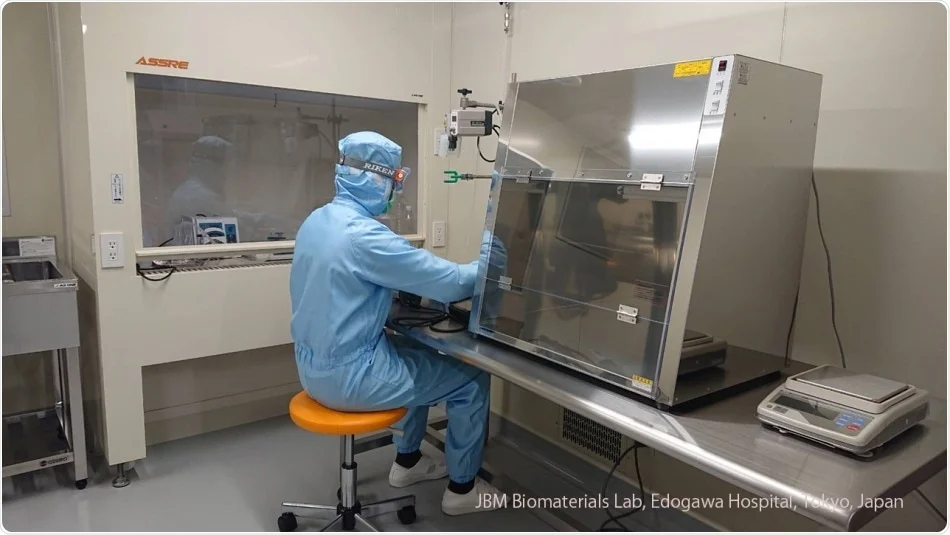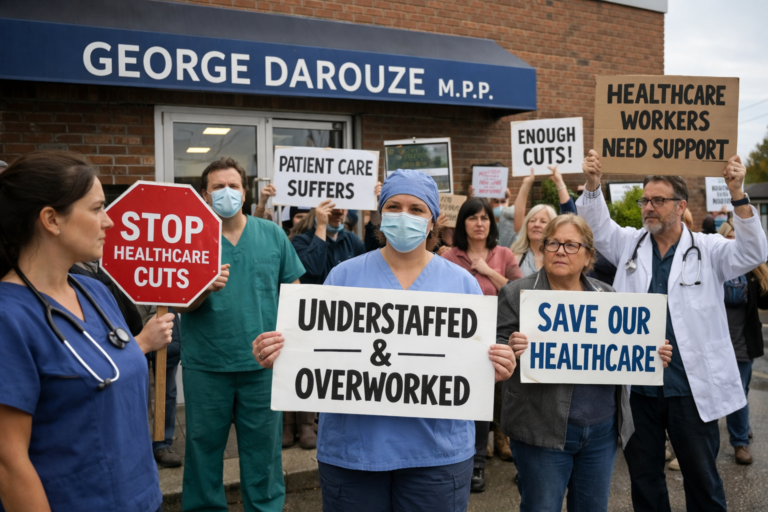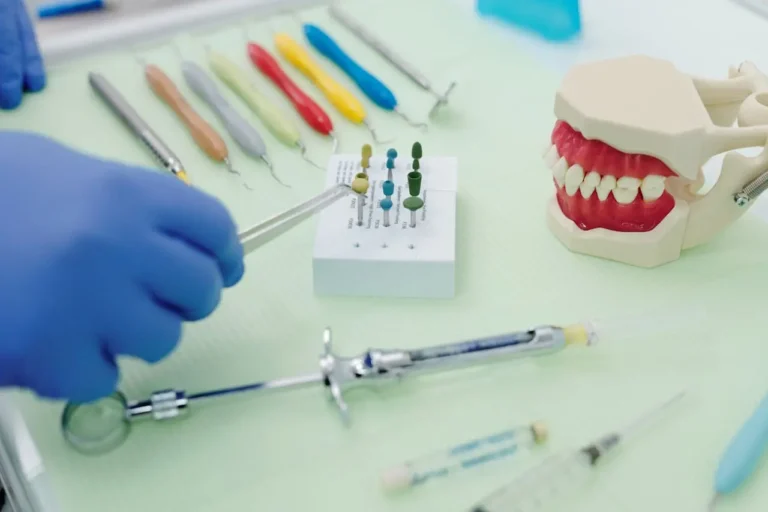
Cell Therapy for Male Urethral Stricture: BEES-HAUS Trial at Edogawa Hospital, Japan
Urethral stricture, a condition that affects men across all age groups but becomes more prevalent after the age of 55, remains a challenging issue despite the availability of various treatment options. Dr. Akio Horiguchi recently achieved a groundbreaking milestone by performing the first clinical transplantation of autologous lab-engineered buccal tissue cells (BEES-HAUS) at Edogawa Hospital in Japan, in compliance with the country’s Regenerative Medicine law. This achievement was presented at the International Meeting of Reconstructive Urology (IMORU) in Hamburg, Germany.
The successful clinical application follows earlier reports from Dr. Suryaprakash in India, who demonstrated the safety and efficacy of the BEES-HAUS technique. This progress, along with the technical transfer led by GN Corporation, marks a significant step forward in the treatment of urethral stricture using regenerative medicine.
Urethral stricture is a condition characterized by narrowing of the urethra, which impedes the flow of urine. It is a delicate tissue that, when damaged, often leads to inflammation and fibrosis, ultimately resulting in stricture. The causes of urethral stricture are primarily idiopathic (of unknown origin), though other factors such as radiation therapy for prostate cancer, trauma, and infections can contribute.
In the early stages of the disease, treatment options such as endoscopic dilatation or urethrotomy are commonly employed. However, these interventions frequently fail to provide a permanent solution, as disease recurrence is common. As a result, patients often experience difficulty in urination, sexual dysfunction, and even infertility. Over time, repeated procedures can further lengthen the damaged segment of the urethra, making the condition more challenging to treat. At this stage, a buccal tissue urethroplasty may be considered. This involves harvesting a large tissue graft from the mouth to replace the damaged urethra, though this procedure can lead to oral morbidity, causing discomfort and complications for the patient.

To address these challenges, the BEES-HAUS procedure presents a revolutionary approach. Instead of harvesting large sections of buccal tissue, this innovative technique involves culturing cells from a small sample of buccal tissue in a laboratory setting. The cultured cells are then transplanted to the urethra, where they repair and regenerate the damaged tissue. This process has been proven both clinically and pre-clinically to effectively heal the urethra and prevent disease recurrence.
The BEES-HAUS technology relies on a hybrid combination of two advanced cell culture techniques. The first involves 2D cultured fibroblast-like cells that secrete insulin-like growth factor 1 (IGF-1), promoting a paracrine healing effect that encourages tissue regeneration. The second component utilizes a 3D thermo-reversible gelation polymer to culture cells that engraft and restore the epithelial integrity of the urethra. This groundbreaking approach is considered the first of its kind in regenerative medicine and offers a significant improvement over traditional methods.
Dr. Akio Horiguchi, a leading expert in this field, has suggested that BEES-HAUS therapy could be applied at earlier stages of the disease, pending further validation. This would allow for earlier intervention, potentially improving long-term outcomes for patients with urethral stricture.
An Indo-Japan collaboration has played a pivotal role in advancing the BEES-HAUS procedure. The team has successfully standardized the tissue engineering process, which includes the engraftment of cultured cells onto the epithelial surface of the urethra. They have also streamlined the transportation of buccal tissue from the hospital to the laboratory and back, utilizing a nano-polymer cell and tissue transportation cocktail. This innovative approach ensures that the entire process is highly efficient from start to finish, enhancing the overall effectiveness of the treatment.
This breakthrough in urethral stricture treatment is the result of extensive interdisciplinary research by GN Corporation, in collaboration with the National Centre for Regenerative Medicine (NCRM) in Chennai, Tamil Nadu, India. Following the successful clinical application and tech-transfer of the BEES-HAUS procedure to Edogawa Hospital in Japan, GN Corporation has taken steps to further expand the reach of this therapy. The company has signed a Memorandum of Understanding (MoU) with Soulsynergy, a healthcare organization based in Mauritius. This partnership aims to promote cell-based therapies for a variety of conditions, including urethral stricture, corneal regeneration, and autologous immunotherapy (AIET) for cancer.
Through this collaboration, Mauritius is poised to become a hub for healthcare technology and medical tourism, catering to the African continent and countries around the Indian Ocean rim. The partnership between GN Corporation and Soulsynergy will help to make advanced regenerative therapies more accessible to a global population, with the goal of improving patient outcomes and fostering medical innovation.
In conclusion, the BEES-HAUS procedure represents a significant advancement in the treatment of urethral stricture. By utilizing lab-engineered buccal tissue cells, this technique offers a safer, more efficient alternative to traditional treatments while minimizing the risks associated with oral tissue harvesting. With continued research and collaboration, BEES-HAUS therapy has the potential to revolutionize the management of urethral stricture and other conditions requiring regenerative treatment.




